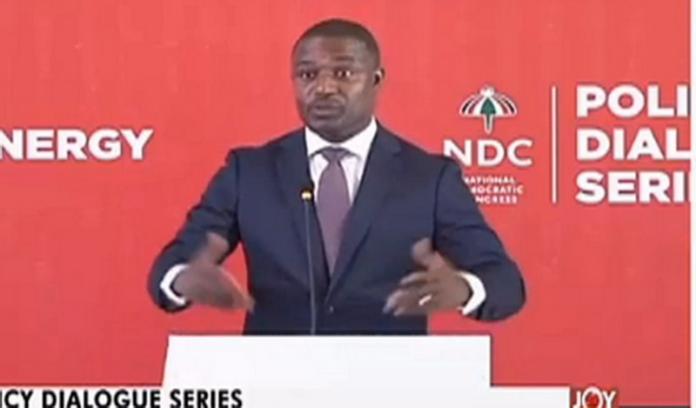Ghanaian public sector workers are still worse off despite the 23 percent increment in the base pay, Member of Parliament for Yapei Kusawgu, John Jinapor, has said.
He explained that the inflation rate is still above 30 percent, meaning the workers will still have to spend their salaries in a difficult economy.
Contributing to a discussion on the 2024 budget presentation while speaking on the Key Points on TV3 on Saturday, November 18, Mr Jinapor said “Base pay has been increased by 23 but inflation is over 30 [official rate is 35.2%] it means we are worse off.”
This was announced by the Minister for Employment and Labour Relations Ignatious Baffuor Awuah in Accra on Tuesday, November 14.
This decision, he said was arrived at taking into consideration the current economic situation in the country.
The Minister also announced an increment in the daily minimum wage from GHS14.88 to GHS18.15.
He said “At the end of our negotiations at the tripartite level, we agreed that the minimum wage be reviewed upwards by 22 percent, from 14.88 Cedis to 18.15 Cedis.
“Subsequently, the public sector joint negotiations committee between all unions within the public space under the single spine and the government also entered into negotiations to determine the national base pay.
“I am happy to report to you that a few minutes after a very difficult meeting, taking the current state of the economy into consideration and also taking into consideration the agreement that as a nation we have with the IMF in making sure that we stay on course in achieving all the targets that we have set to achieve for ourselves, and to also get all the benchmarks right, we have concluded that the national based pay by increased by 23 percent between January 1, 2024, to 31st June 2024 and subsequently an additional 2 percent increment will be added to the 23 percent making it 25 percent from July to December 2024.”
By Laud Nartey











